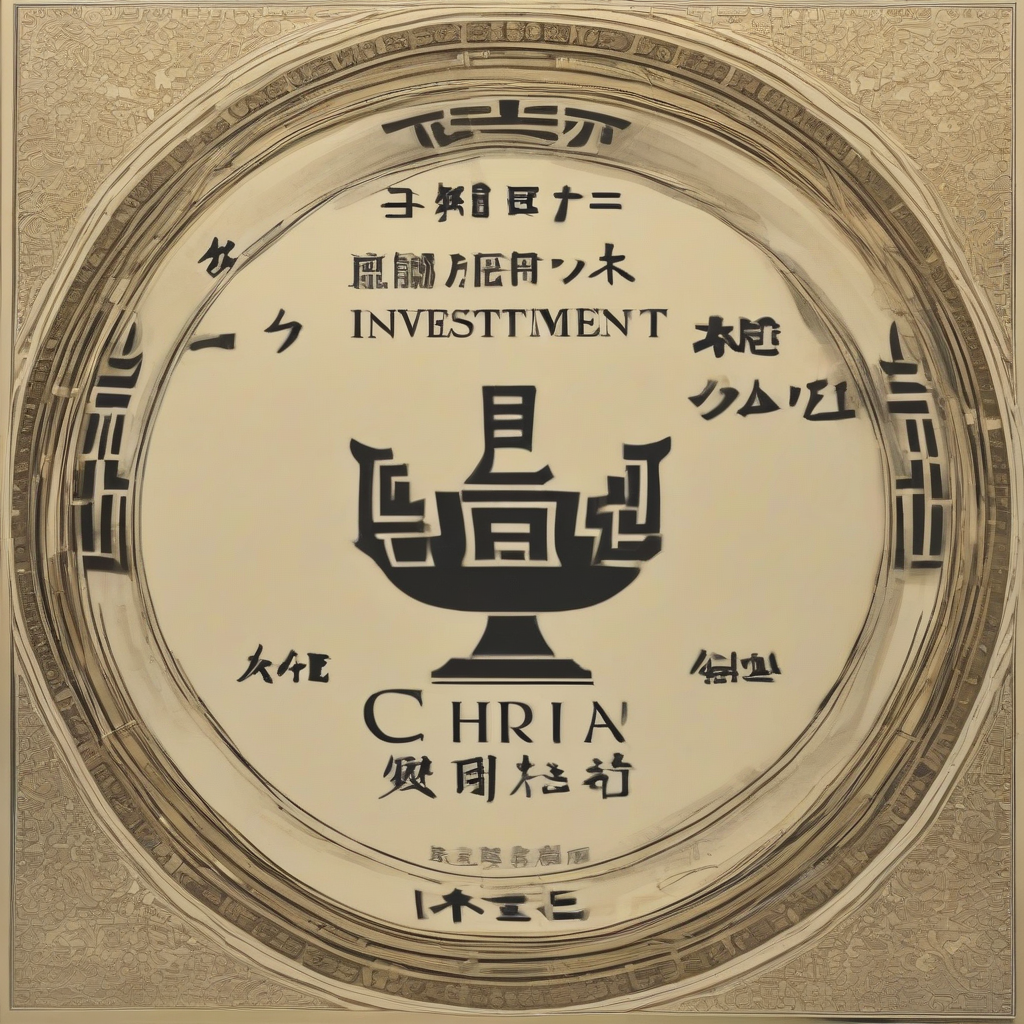Unlock Your Home's Equity: A Guide to Home Equity Loans for Investment

Unlock Your Home's Equity: A Guide to Home Equity Loans for Investment
Your home isn't just a place to live – it's also a potential source of funds. Home equity, the difference between your home's current market value and the amount you still owe on your mortgage, can be tapped into with a home equity loan or line of credit (HELOC). While these options are often used for home improvements or debt consolidation, they can also serve as a powerful tool for investing in your future.
Understanding Home Equity Loans and HELOCs
- Home Equity Loans: Similar to a traditional loan, you receive a lump sum of money with a fixed interest rate and a set repayment period. You make monthly payments until the loan is paid off.
- HELOCs: Function like a credit card. They offer a revolving line of credit that you can draw from as needed, up to a certain limit. Interest rates are typically variable, and you only pay interest on the amount you borrow.
Using Home Equity for Investment: Pros and Cons
Pros:
- Lower Interest Rates: Home equity loans and HELOCs often come with lower interest rates compared to personal loans or credit cards, making them a potentially cheaper way to fund investments.
- Tax Deductibility: Interest paid on home equity loans used for investment purposes may be tax-deductible in some cases. Consult with a tax professional for specific guidance.
- Access to Large Sums: Home equity loans can provide access to significant amounts of money, enabling you to invest in larger projects or opportunities that require substantial capital.
- Flexibility: HELOCs offer flexibility by allowing you to borrow funds as needed, making them suitable for investment opportunities that may arise unexpectedly.
Cons:
- Risk to Your Home: If you default on your home equity loan or HELOC, your home could be at risk of foreclosure. This can have significant financial repercussions, including the loss of your home and damage to your credit score.
- Higher Interest Rates Than Mortgages: While home equity loans and HELOCs typically have lower interest rates than unsecured loans, they usually come with higher rates than mortgages. This can impact your overall return on investment.
- Potential Market Volatility: If your home's value decreases, you might be forced to pay back more than you originally borrowed, known as negative equity. This can make it difficult to refinance or sell your home in the future.
- Limited Access to Cash: You may not be able to access the full amount of your home's equity, as lenders typically have loan-to-value (LTV) ratios. This means they may only lend you a percentage of your home's equity.
When to Use a Home Equity Loan or HELOC for Investment
While home equity loans and HELOCs can offer advantages, they are not suitable for everyone or every investment opportunity. Consider these factors before making a decision:
- Investment Goals: Carefully assess your investment goals and whether a home equity loan or HELOC aligns with your risk tolerance and desired returns.
- Financial Situation: Evaluate your current debt levels, monthly income, and other financial obligations before taking on additional debt.
- Property Value and Equity: Ensure you have enough equity in your home to qualify for a loan and that your home's value is likely to remain stable or increase.
- Investment Strategy: Develop a well-defined investment strategy that outlines your investment goals, risk tolerance, and time horizon.
Alternatives to Home Equity Loans for Investment
Before deciding on a home equity loan or HELOC, explore alternative financing options:
- Personal Loans: Offer a fixed interest rate and a set repayment term, but may have higher interest rates than home equity loans.
- Credit Cards: Provide short-term financing with revolving credit lines, but typically come with high interest rates and can damage your credit score if not used responsibly.
- Crowdfunding Platforms: Allow you to raise funds from a large group of people, offering an alternative to traditional lenders.
- Angel Investors: Provide funding in exchange for equity in your business or investment opportunity.
Conclusion
Home equity loans and HELOCs can be valuable tools for investors seeking to leverage their existing assets. However, it's crucial to carefully evaluate the pros and cons, assess your financial situation, and develop a sound investment strategy. Consulting with a financial advisor can help you make informed decisions and navigate the complexities of home equity loans and HELOCs for investment purposes.
What's Your Reaction?

















